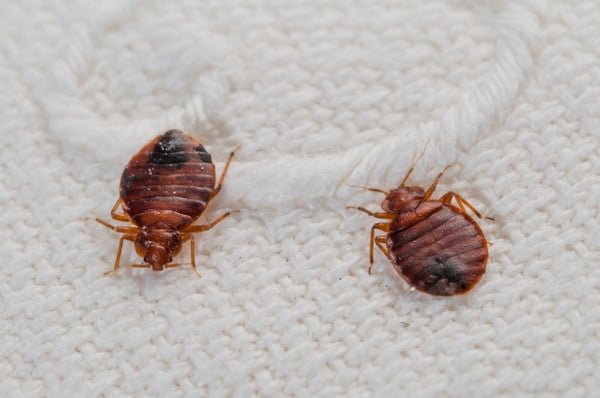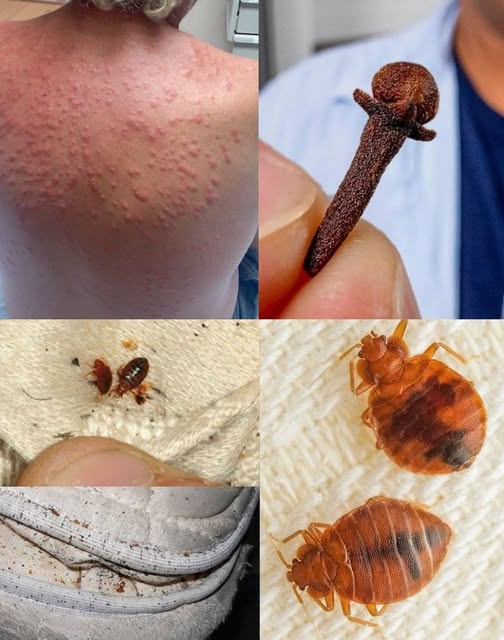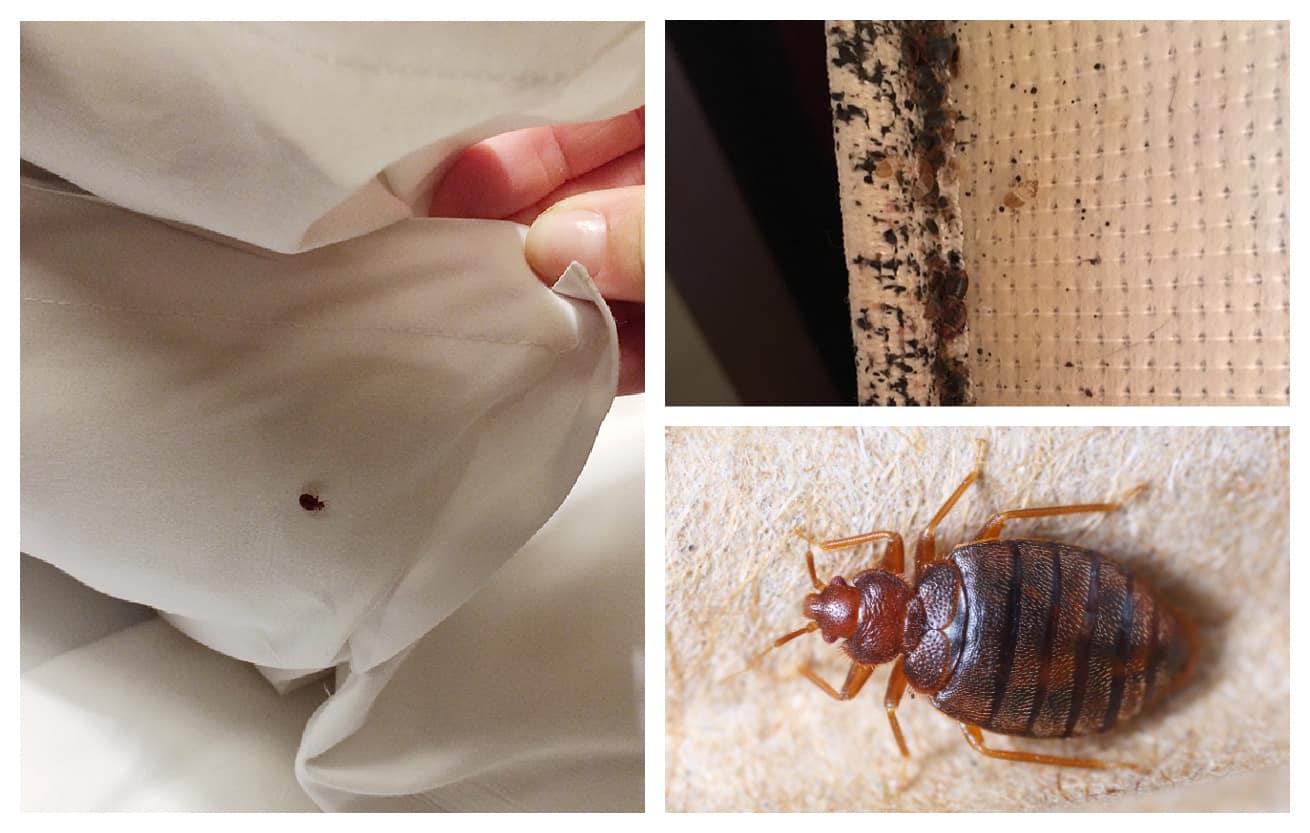Bed bug infestations and household pests can be frustrating, but natural pest control methods are gaining attention as safe, eco-friendly alternatives to conventional insecticides. Among the most discussed solutions are diatomaceous earth (DE) and cloves, both known for their potential pest-repellent properties.
This guide explores the evidence-based uses of these natural substances, how to apply them properly, and what precautions to take. While these remedies may support pest management, they are not substitutes for professional pest control in severe infestations.
What Is Diatomaceous Earth?
Diatomaceous earth is a naturally occurring soft sedimentary rock that crumbles into a fine white or off-white powder. It is composed of fossilized diatoms, a type of algae with silica-based cell walls.
When used in pest control, food-grade diatomaceous earth can be a helpful tool. The powder works by physically damaging the exoskeleton of insects such as bed bugs, ants, and fleas. According to the National Pesticide Information Center (NPIC), DE causes insects to dehydrate and die, making it a mechanical insecticide rather than a chemical one.
Important Note: Only use food-grade DE indoors. Pool-grade or industrial DE is not safe for home use or inhalation.
How to Use Diatomaceous Earth for Bed Bugs
1. Preparation
Before applying DE, thoroughly clean the affected areas:
- Vacuum mattresses, bed frames, baseboards, and upholstered furniture.
- Empty and dispose of the vacuum contents in a sealed bag outside the home.
2. Apply DE Safely
- Using a dust applicator or glove, lightly sprinkle a thin layer of food-grade DE into cracks, crevices, and around bed legs.
- Target areas where bed bugs may hide: mattress seams, behind headboards, along baseboards, and under furniture.
- Avoid using excessive amounts, as thick layers can be less effective and messy.
3. Let It Sit
- Allow DE to remain undisturbed for 5–7 days.
- Keep pets and children away from treated areas until cleaning.
4. Clean Up and Reapply
- Vacuum the DE and any dead insects.
- Reapply every 7–10 days if bed bug activity continues.
EPA guidance recommends integrating DE with other pest management strategies such as mattress encasements and regular inspections.
Can Cloves Help Deter Insects?
Cloves (Syzygium aromaticum) contain a natural compound called eugenol, known for its strong aromatic and insect-repellent properties. While scientific studies on clove effectiveness against bed bugs are limited, eugenol-based botanical insecticides have shown promise in repelling or irritating certain insects.
According to the Journal of Medical Entomology, clove oil formulations may have short-term repellency for some pest species. However, they are not registered as stand-alone treatments for eradicating bed bugs.
Safe Uses of Cloves for General Pest Deterrence
1. Clove Sachets
- Fill breathable fabric sachets with whole cloves or clove powder.
- Place sachets in:
- Closet corners
- Under beds
- Inside drawers or storage containers
While this may not eliminate pests, the strong scent may help discourage insect activity in localized areas.
2. Clove Oil Spray
- Mix 10–15 drops of clove essential oil with 1 cup of water and a few drops of mild soap.
- Use as a surface spray around baseboards, behind furniture, and along entry points.
Always perform a patch test before applying oils on furniture or fabrics. Essential oils can cause irritation and should be kept away from pets and children.
Expanding Usage: DE and Cloves for Other Household Pests
Cockroaches and Ants
- Sprinkle food-grade DE under sinks, behind appliances, and along walls.
- Place clove sachets near trash bins or pantry shelves to discourage entry.
Fleas
- Lightly apply DE on pet bedding and carpets (avoid direct contact with pets).
- Allow it to sit for 24 hours before vacuuming thoroughly.
- Keep clove sachets near pet sleeping areas, out of reach of animals.
Mosquitoes
- DE is not effective for flying insects.
- However, clove oil spray can be used on window sills and patio areas as a temporary natural repellent.
Note: For active mosquito control, EPA-registered repellents containing DEET or Picaridin are considered more reliable.
Safety and Effectiveness: What Experts Say
According to the EPA and NPIC, diatomaceous earth is effective only when dry and should not be inhaled. Prolonged exposure to airborne DE dust can cause respiratory discomfort. Always use minimal amounts and wear a mask during application.
As for cloves and essential oils, they may provide short-term relief but are not classified as proven eradication methods for significant infestations. Botanical sprays may be suitable for preventive use or low-level pest deterrence, but for severe infestations, professional pest management is recommended.

Integrated Pest Management (IPM) for Best Results
Combining natural remedies with preventive techniques is often the most sustainable approach. Consider the following steps:
- Seal entry points around windows, baseboards, and wall cracks.
- Declutter your space to reduce hiding spots.
- Wash bedding in hot water and dry on high heat weekly.
- Use bed bug interceptors under bed legs to monitor activity.
- Schedule routine pest inspections if living in multi-unit housing.

Conclusion: A Natural Addition to a Larger Strategy
While neither diatomaceous earth nor cloves alone can guarantee total pest elimination, they can play a role in a multi-layered pest control approach. These natural substances are low-toxicity when used properly, making them suitable for homes with children or pets—provided safety guidelines are followed.
For long-term results and safety, always consider consulting with a licensed pest control professional to ensure that your pest problem is addressed thoroughly and in accordance with local regulations.
Verified Sources:
- EPA – Bed Bugs: Get Them Out and Keep Them Out
- NPIC – Diatomaceous Earth General Fact Sheet
- CDC – Bed Bug Biology and Prevention
- Journal of Economic Entomology – Essential Oils and Insect Control
- PestWorld.org – Integrated Pest Management



